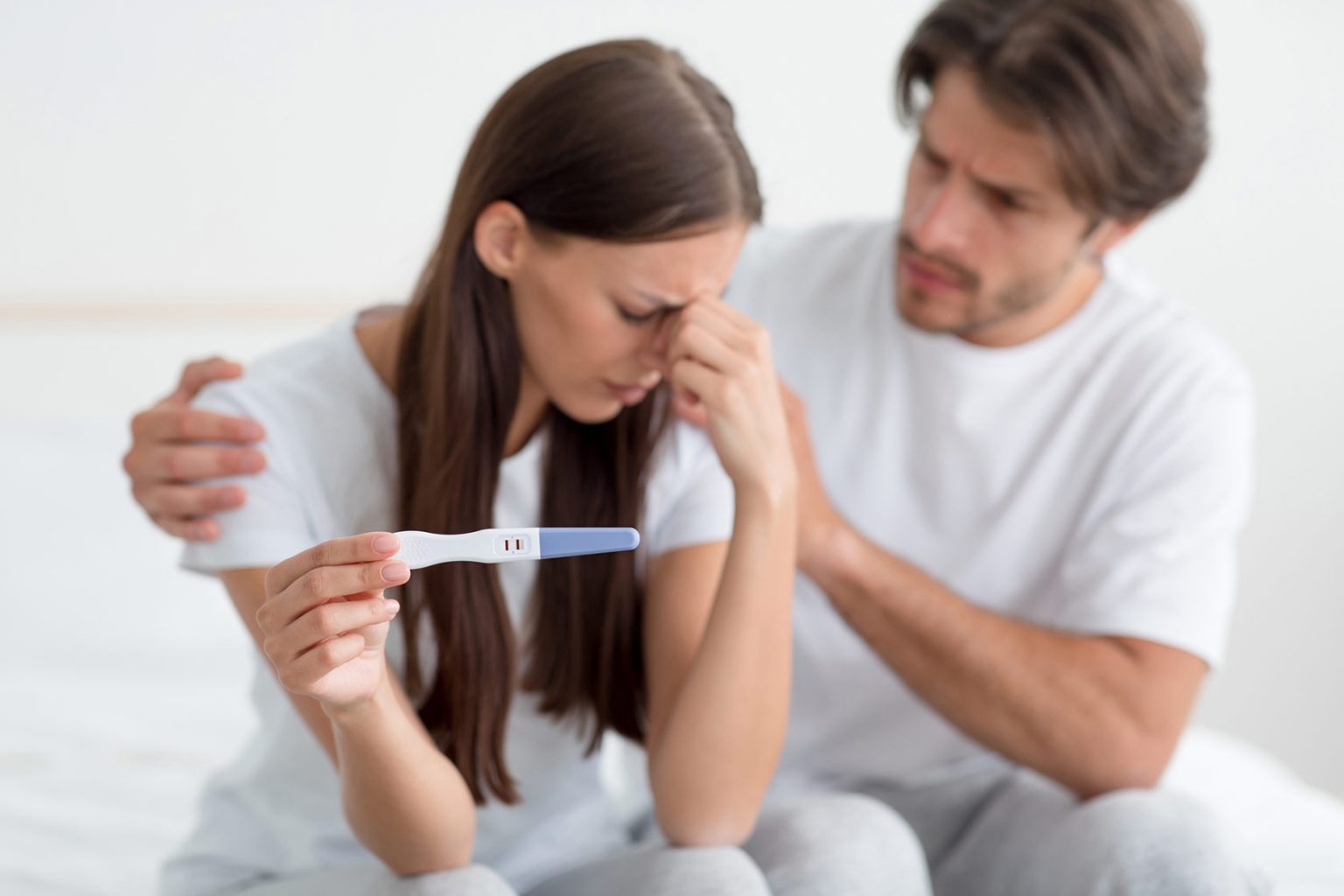Have you been dreaming of having a baby for a long time, and despite giving up contraception for an extended period, pregnancy remains just a dream? The problem is extremely acute for a huge number of couples who dream of becoming parents soon. Why can’t a healthy woman get pregnant? Why can’t you get pregnant the first time or why doesn’t a second pregnancy happen? We propose to look at the problem of why it is difficult to get pregnant from different angles and find ways to solve it.
Version one: physiological disorders
When a woman is desperately looking for reasons why she cannot get pregnant, the first thing that comes to mind is her health problems, which are still hidden. First and foremost, there are ovulatory cycle disorders and errors in calculating the days favourable for conception. There are a huge number of problems that can only be detected by a medical examination, including:
- ovulation disorders;
- obstruction of the fallopian tubes;
- endometriosis;
- uterine pathologies;
- complications after an abortion.
Of course, the reason for the lack of fertilisation can also be disorders of the male reproductive system, including:
- varicose veins of the scrotum;
- infections of the reproductive sphere that lead to a decrease in sperm functioning;
- cryptorchidism;
- development of malignant or benign tumours.
So the first and undoubtedly important conclusion is not to blame each other, but to undergo a thorough examination.
Version two. The impact of external factors
Of course, we do not live in a perfect world. Did you know that negative environmental factors, from unhealthy ecology to constant stress, reduce a woman’s ability to get pregnant? Scientists have proven that stress has a negative impact on a woman’s hormonal levels, suppressing reproductive function.
Other factors that can negatively affect the possibility of conception include:
- insufficient physical activity, weight deficit or overweight – negatively affect a woman’s hormonal background and reproductive system function;
- unbalanced diet, lacking important vitamins and minerals;
- bad habits – in addition to quitting smoking and drinking alcohol, doctors recommend that women limit their coffee consumption, which also does not contribute to fertilisation and pregnancy.
Version three. The psychological aspect of the problem
It is absolutely normal for a woman of childbearing age to want to become a mother. But if this desire turns into a fixed idea, the situation can create a real vicious circle. Especially if the husband or parents tend to blame the woman for infertility, emphasising her inability to realise herself as a mother and create a real, fulfilling family in their opinion.
The victim of such psychological pressure gradually begins to blame herself for the problem, lives in a state of constant stress, trying to find the answer to the question: ‘Why did I fail to get pregnant the first attempt? By the way, according to physiological norms, failure to get pregnant even after several months of marriage without the use of contraceptives is not a cause for concern, and even more, for panic.
Sometimes couples cannot understand why a second pregnancy does not occur if there were no problems with the first. It is important to understand that the reproductive activity of the female body decreases with age.
What can you do in this situation?
The first step is to calm down, stop blaming yourself and your partner for all the problems. After all, this way is completely unconstructive and can destroy the family over time. The best solution is to go to a reproductive medicine clinic, take all the necessary tests, undergo a comprehensive examination, establish the reasons for the failure to get pregnant and work together to solve the problem.

